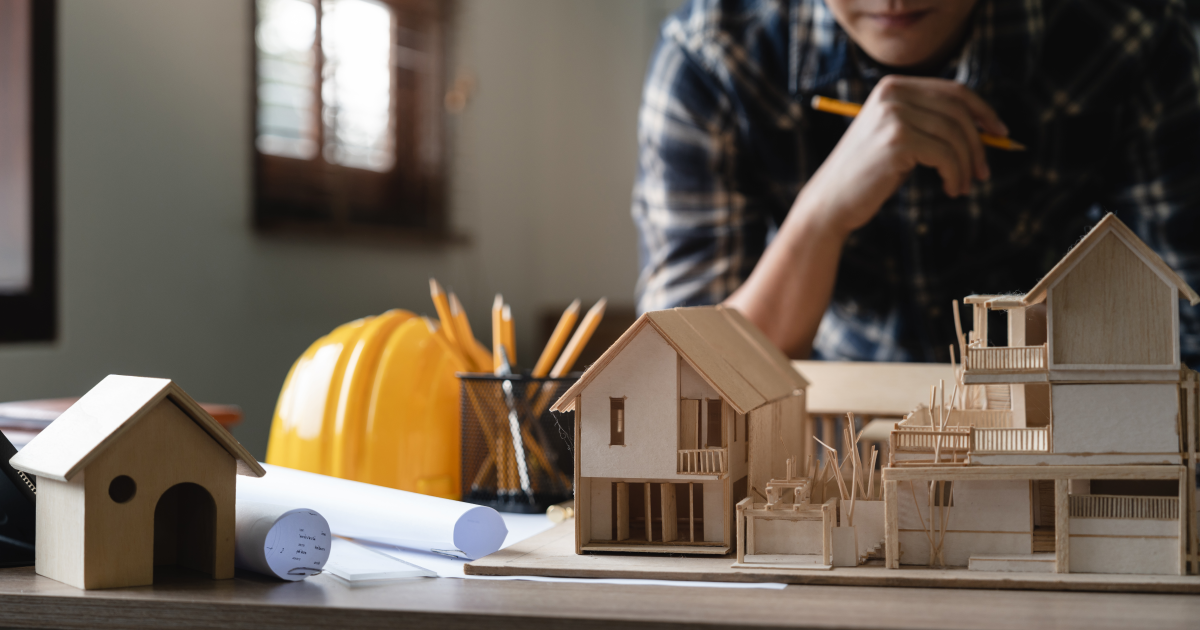Building a custom home is a significant investment that requires careful thought, time, and effort. One of the most important steps in the process is early planning. Starting the planning phase well before breaking ground can make the difference between a smooth, successful project and one fraught with delays, cost overruns, and stress. In this article, we’ll explore the benefits of early planning in custom home building and provide tips on how to approach this crucial stage effectively. Custom home building tips start planning early for best results.
Why Early Planning is Essential
Planning early for your custom home construction is not just about getting a head start—it’s about setting the foundation for every aspect of your project. Here’s why starting early is so beneficial:
More Time for Research and Decision-Making
Building a custom home involves countless decisions, from choosing the right location and design to selecting materials and finishes. Starting early gives you ample time to research your options thoroughly. You’ll have the opportunity to explore different architectural styles, compare builders, and understand the various costs involved without feeling rushed.
When you start planning early, you can also make informed decisions about what features and designs align with your budget and long-term goals. This deliberate approach reduces the risk of costly changes later in the process and helps ensure that every choice reflects your vision.
Securing the Ideal Location
The location of your custom home is one of the most critical decisions you’ll make. Whether you’re building on a piece of land you already own or searching for the perfect lot, early planning allows you to secure a location that meets all your needs.
Starting early gives you time to consider factors like proximity to schools, work, and amenities, as well as the characteristics of the neighborhood. You can also evaluate the land itself, considering factors like soil quality, topography, and access to utilities. By securing the ideal location early, you’ll have a solid foundation on which to build your dream home.
Building a Detailed Budget
Budgeting is a crucial part of custom home building, and starting early allows you to develop a detailed, realistic budget. Early planning gives you time to gather accurate cost estimates for land, design, materials, labor, permits, and other expenses.
With a clear understanding of your financial situation and the costs involved, you can allocate funds appropriately and set aside a contingency budget for unexpected expenses. Early budgeting also allows you to identify areas where you might want to invest more or scale back, ensuring that your budget aligns with your priorities and vision.
Time to Collaborate with Professionals
The earlier you start planning, the more time you have to assemble and collaborate with a team of professionals. This team typically includes an architect, builder, interior designer, and possibly landscape designer. Early collaboration ensures that everyone involved understands your vision and can work together to bring it to life.
When you start early, you can take the time to vet potential team members, review their portfolios, and check references. This careful selection process helps you build a team that shares your values and has the expertise needed to execute your project successfully.
Smoother Permitting and Approval Process
Obtaining the necessary permits and approvals is a critical step in custom home construction. Depending on your location, this process can be time-consuming, involving multiple inspections, reviews, and possibly even public hearings. Starting the planning process early gives you a head start on securing these permits and approvals, reducing the risk of delays later.
By working closely with your builder and local authorities, you can ensure that all paperwork is in order and that your project complies with local building codes and regulations. Early planning helps you navigate the permitting process more efficiently, keeping your project on schedule.
How to Start Planning Early
Now that you understand the benefits of early planning, here are some practical tips to help you get started:
Define Your Vision and Goals
The first step in planning your custom home is defining your vision. What do you want your home to look like? What features are essential to your lifestyle? Consider your current needs and future plans, such as a growing family or aging in place.
Start by gathering inspiration from magazines, websites, and social media platforms like Pinterest or Instagram. Create a mood board or a digital folder where you can collect images, floor plans, and design ideas that resonate with you. This collection will serve as a reference point as you move forward with your project.
Set a Realistic Budget
Once you have a clear vision, it’s time to set a budget. Take a close look at your finances, including savings, income, and any loans or financing options. Establish a realistic budget that reflects what you can afford and aligns with your vision.
Remember to include a contingency fund to cover unexpected expenses. Building a custom home often comes with surprises, and having a financial cushion can help you manage these without derailing your project.
Research and Choose the Right Location
If you haven’t already secured a lot, start researching potential locations as early as possible. Consider factors like the neighborhood, proximity to work and schools, and the overall feel of the area. Visit different sites at various times of day to get a sense of the surroundings.
Work with a real estate agent who specializes in land purchases to help you find the right location. Once you’ve chosen a lot, conduct a thorough assessment, including soil tests, land surveys, and environmental evaluations, to ensure it’s suitable for your project. Custom home building tips start planning early for best results.
Assemble Your Team
With your vision, budget, and location in place, it’s time to assemble your team of professionals. Start by researching architects, builders, and designers who specialize in custom homes. Look for professionals with experience in the style and type of home you want to build.
Interview potential team members and ask for references. Review their portfolios and ensure they understand your vision and goals. Building a strong, collaborative team early on will set the stage for a successful project.
Begin the Design Process
Once your team is in place, you can begin the design process. Work closely with your architect and designer to develop a floor plan that meets your needs and reflects your vision. Consider factors like the layout, room sizes, flow, and functionality.
During this phase, you’ll also select materials, finishes, and fixtures. Starting early gives you time to explore different options, compare prices, and make informed decisions. It also allows your team to create detailed plans and specifications, which are essential for accurate cost estimates and a smooth construction process.
Plan for Permits and Approvals
As your design takes shape, begin the process of obtaining permits and approvals. Work with your builder and local authorities to ensure that all necessary paperwork is submitted and that your project complies with local regulations.
Starting this process early helps avoid delays and ensures that your project stays on track. Keep in mind that some approvals may take weeks or even months, so it’s crucial to factor this into your timeline.
Early planning is the cornerstone of a successful custom home building project. It allows you to define your vision, secure the ideal location, set a realistic budget, and build a team of professionals who can bring your dream home to life. By starting early, you’ll have the time to make informed decisions, navigate the permitting process, and avoid costly mistakes. Whether you’re just beginning to dream about your custom home or are ready to take the first steps, planning early will set you on the path to success. Custom home building tips start planning early for best results.


